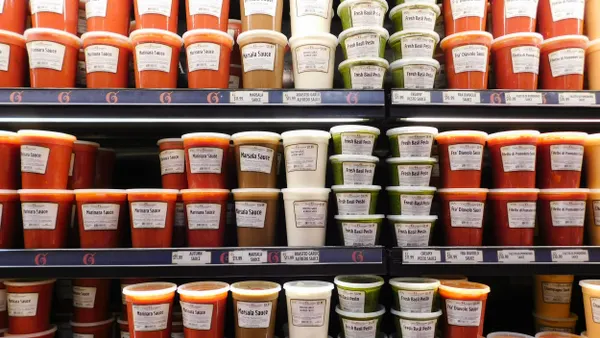Dive Brief:
-
Weak holiday spending has given many retailers fits, as consumers opt to spend on experiences like vacations and eating out rather than on things, reports the Washington Post.
-
Younger consumers are especially prone to spending on experiences, according to a PwC survey published last year, which found that millennials said that more than half (52%) of their holiday spending would be experience-related, compared to 39% for older consumers. Even Nordstrom, a department store widely seen as the odd strong man in that space, attributed weak Q3 sales on unexpected poor traffic.
-
Research in psychology in recent years is bolstering the idea that experiences hold greater promise than hard goods in giving people longer-lasting feelings of satisfaction.
Dive Insight:
Happiness gurus and psychology researchers in recent years have been touting experiences, even modest ones, as a rewarding way to spend time and money, and consumers are apparently taking that to heart.
The passion for experiences over things is leading some retailers to revamp their stores so that they’re experiences in themselves. Target’s holiday “Wonderland” pop-up in New York this year, for example, was also an over-the-top test space for various ways to pump up and improve the customer experience. The retailer has also spiffed up its stores and improved its displays and customer service.
Outdoor retailer REI went to far as to close on Black Friday, urging its employees and customers to use the day off to enjoy nature instead.
But retailers are struggling to figure out how to appeal to a consumer looking for happiness beyond the things they’re selling.
“I think they’re having a hard time,” Cornell University retail expert Randy Allen told the Post. “They know that they need to [change] and they’re experimenting, but I think the jury is out on how well they’re adapting.”














